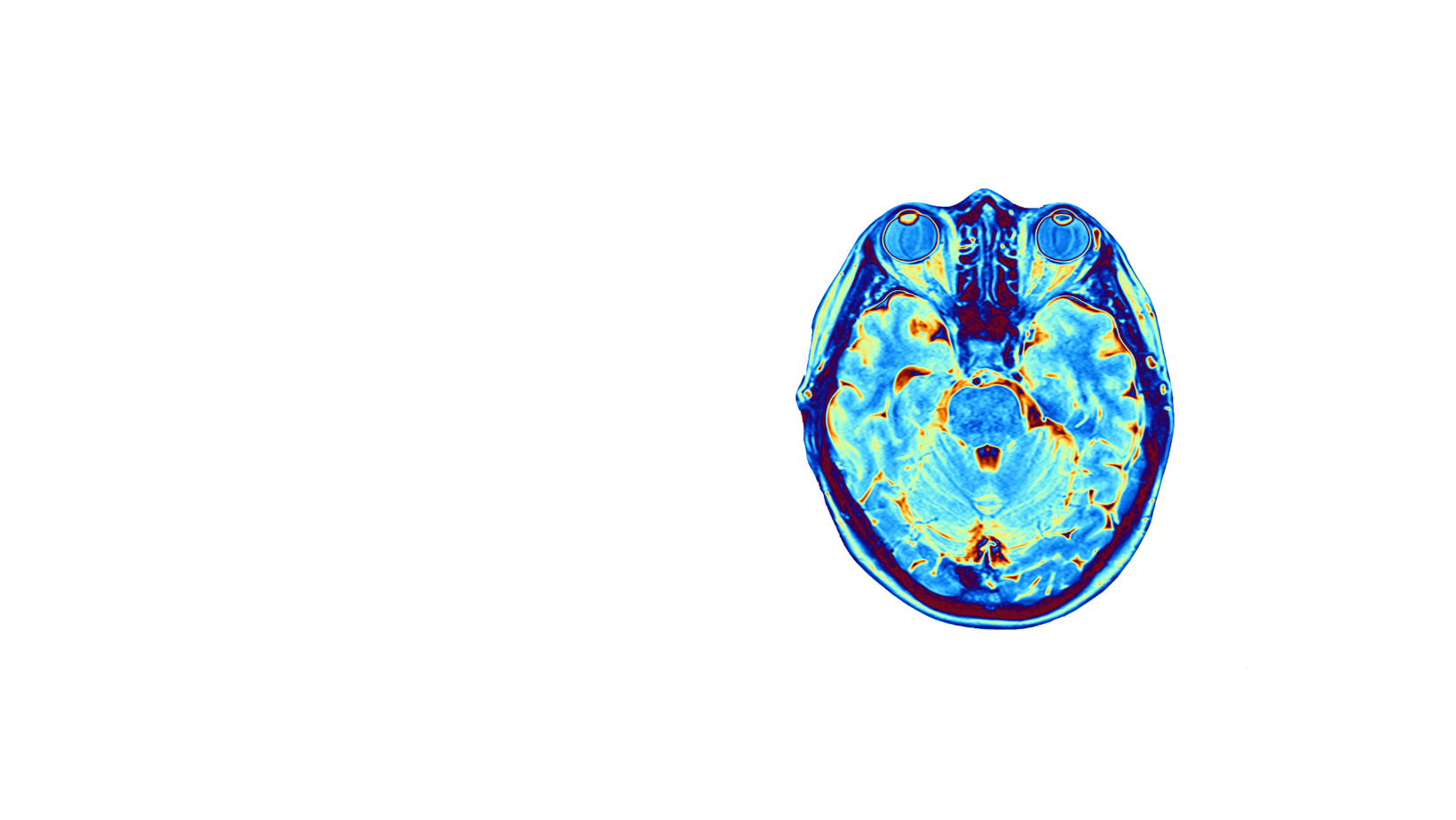
Vision Therapy for Concussion and Traumatic Brain Injury (TBI)
Understanding Functional Vision Problems Post-Injury
A concussion or traumatic brain injury (TBI) can significantly impact your vision. These injuries can disrupt the complex visual processes in the brain, leading to functional vision problems that can affect your daily life. If you've experienced a concussion or TBI and are struggling with vision issues, vision therapy might be the solution you need to feel better and regain your quality of life.
Common Vision Problems After a Brain Injury
Functional vision problems that can arise from a concussion or TBI include:
Blurred or Double Vision: Difficulty focusing or seeing double.
Light Sensitivity: Increased sensitivity to light and glare.
Eye Strain and Fatigue: Discomfort, headaches and tiredness after visual tasks.
Difficulty Reading: Challenges with reading, such as losing your place or struggling to comprehend text.
Poor Depth Perception: Trouble judging distances, leading to clumsiness or accidents.
Headaches and Dizziness: Frequent headaches or dizziness, especially after visual tasks.
Motion Sickness: Difficulty processing visual motion and body movement, causing nausea, dizziness, headaches, and loss of balance.
These issues occur because the brain’s ability to process visual information has been disrupted. The good news is that many of these problems can be rehabilitated through vision therapy.
How Vision Therapy Helps
Vision therapy is a customized program designed to improve visual skills and processing. It involves a series of exercises and activities that train the brain and eyes to work together more effectively. Here’s how vision therapy can help with post-concussion and TBI vision problems:
Enhancing Eye Coordination: Improve how your eyes work together, reducing double vision and improving focus and accuracy.
Improving Visual Processing: Activities that train the brain to process visual information more efficiently, easing tasks like reading and using screens.
Rebuild Visual Stamina: Activities with mastery and repetition to regain the ease of using your eyes automatically and without strain, effort, or fatigue.
Boosting Spatial Awareness: Training to help you better judge depth perception, peripheral vision, and balance while navigating your body through space.
Reducing Light/Motion Sensitivity: Techniques to help manage and reduce sensitivity to light and motion, making it easier to go about your daily activities.
Your Own Journey
Personalized Vision Therapy Programs
Each vision therapy program is tailored to meet the specific needs of the individual. Every brain injury is different, and we want to help you recover as much as possible and as fast as possible.
During an initial evaluation, our neuro-rehabilitative optometrists will assess your visual skills and find deficiencies directly related to your symptoms. This personalized approach ensures that your vision therapy targets your unique challenges and goals.
Eager to learn more?
If you’re still wondering how vision therapy could help your or your loved ones concussion or TBI symptoms, we encourage you to watch this video. Next, we encourage you to call our office and we’ll discuss the journey to rehabilitation.
We want to help.







